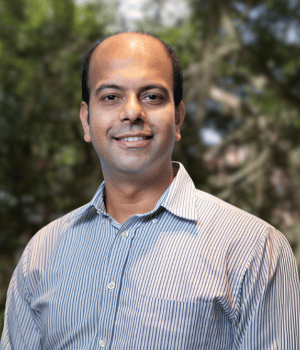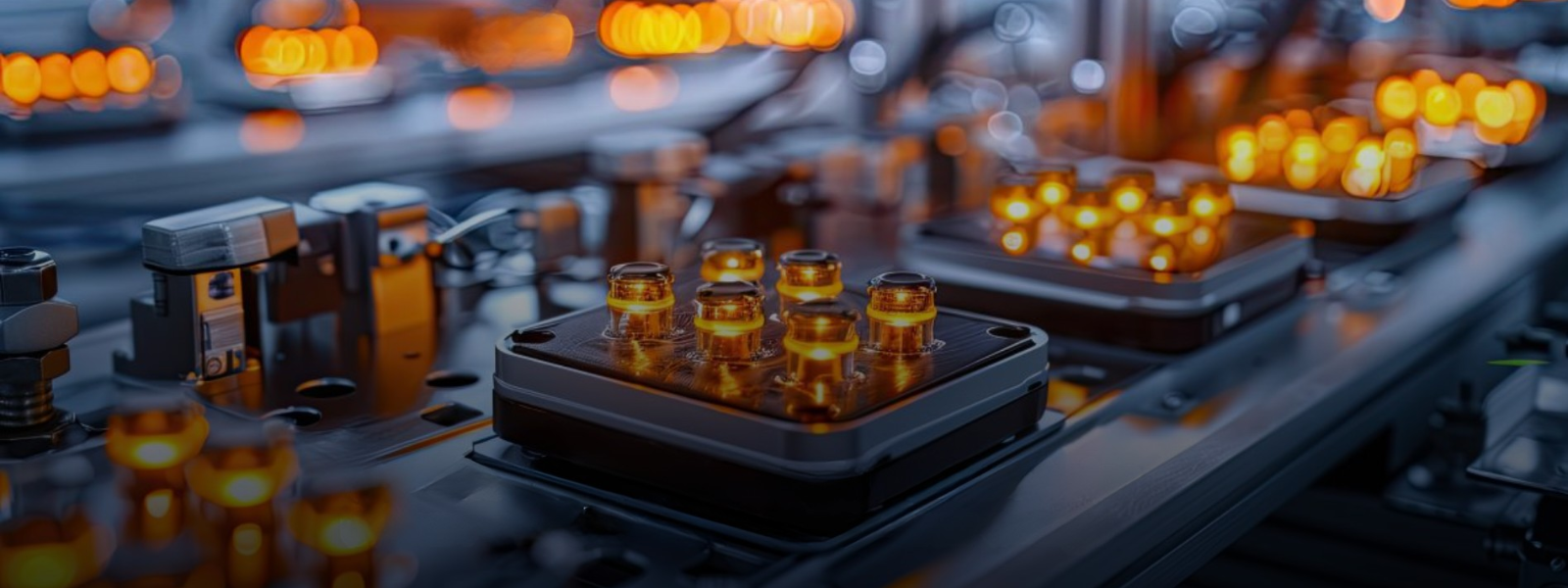Longer-lasting phones, lighter drones, electric cars that drive farther. These are just some of the possibilities thanks to a new battery separator design from University of Florida researchers and their partners.
Think of a tiny coffee filter, but this one works inside a battery. The team recently showed that a one-atom-thick filter can block sulfur chains from shuttling within the battery, potentially unlocking the long-awaited promise of lithium–sulfur batteries.

“It’s like a microscopic coffee filter or a bouncer at a club. Tiny lithium ions slip through easily, but bulky sulfur chains get blocked.” said Piran Kidambi, an associate professor in the Department of Mechanical and Aerospace Engineering at UF
While lithium-sulfur batteries are lighter and pack more power in a lighter package compared to the more conventional lithium-ion batteries, their fatal flaw is the sulfur doesn’t cooperate well inside the system. It clumps into long chains that clog up the works, draining the battery’s power and cutting its lifespan.
Engineers from UF, Purdue University and Vanderbilt University developed a high-performance filter that works at a molecular level to fix the problem.

